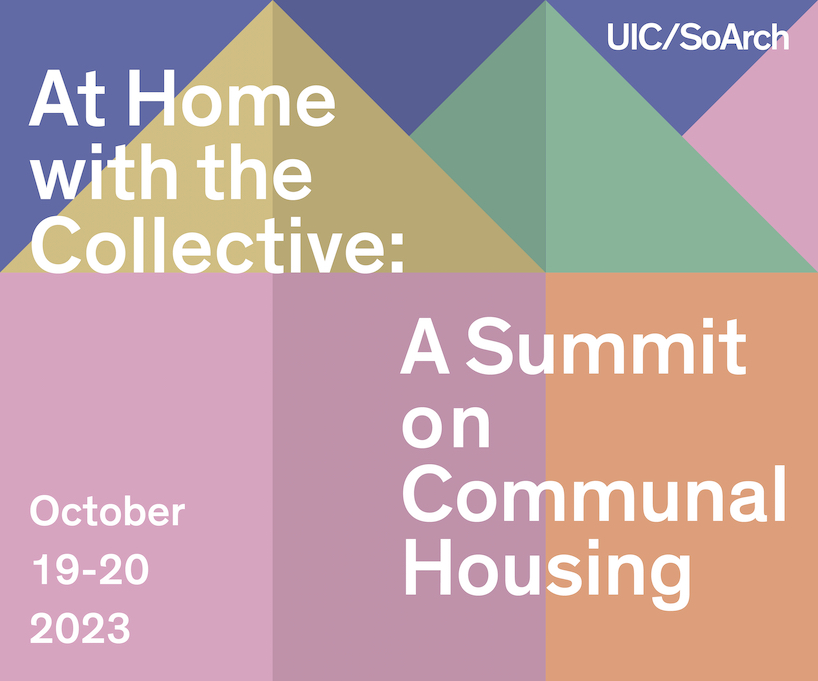
“At Home with the Collective: A Summit on Communal Housing,” convened at UIC Architecture in Chicago, Thursday, October 19 – Friday, October 20, 2023. This 2-day summit gathered speakers from around the world, local stakeholders and activists, as well as city officials who have radically rethought established norms of living, models of homeownership, and the formal, programmatic, material, and legal parameters of housing. Our ambition was to generate new knowledge that can confront the current struggle for affordability and speak to the potential of collective housing as a productive challenge for architecture.
While housing could be described as one of the basic forms of architecture and one of its main responsibilities, if not today’s most crucial task, spatial practices have largely ceased to rethink established forms of living and the politics and economies that surround it. Indeed, escaping the pervasive models of profit-based homeownership seems increasingly difficult when dominated by neoliberal market values. This summit, therefore, posits a radical shift from house to housing and from the single to the collective. The reintroduction of the term “collective” becomes here a mechanism to shift attention and refocus housing as a community-building, solidarity-building, and city-building activity.
The urgency of the topic manifests in the current housing situation, which has only been exacerbated by the global pandemic. According to the World Bank, 1.6 billion people will be affected by the shortage in housing by 2025 and the United Nations estimates that today 100 million people are without a home, statistics that are driven by the lack of affordable housing and an exponential rise of housing costs over income. While there are clearly regional differences, we are currently witnessing a global housing emergency. Cities in Africa lack at least 52 million housing units, Asia has one of the fastest growing housing markets, Europe’s rents rose by an average of 14.5% in the first quarter of 2022 alone, and half of all US renters are cost-burdened.
Housing is both driven by local forces (from socio-cultural to material resources) and conditioned by global dimensions (from the economy and trade to migration movements). The summit, therefore, aims to engage both scales. First, it is conceived as a platform for the exchange of ideas from around the world. And second, it aims to inform local stakeholders about alternatives to conventional models of housing. The summit will host speakers that in different regions of the globe have rethought established norms of living, models of homeownership, and the formal, programmatic, material, economic, and legal parameters of housing. Calling on representatives from Africa, North and South America, Asia, and Europe, our ambition is to generate new knowledge through the strength of our shared research, scholarship, and design innovation. We hope to garner a catalog of ingenuities that can confront the current condition and speak to the potential of collective housing as a productive challenge for architecture.
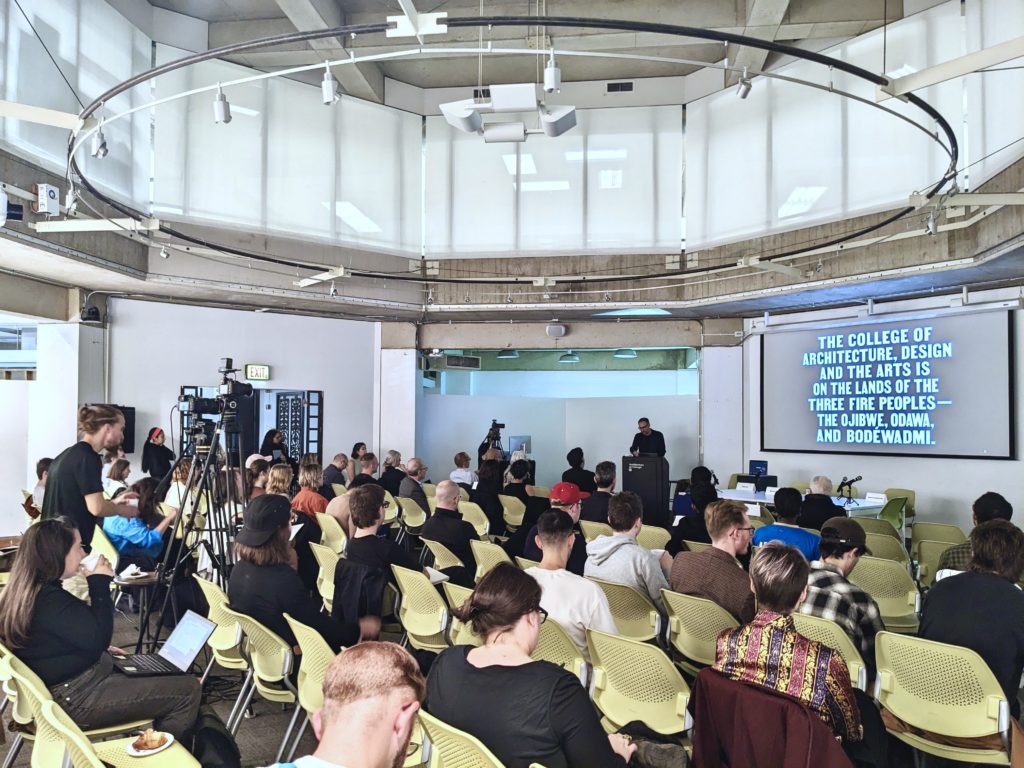
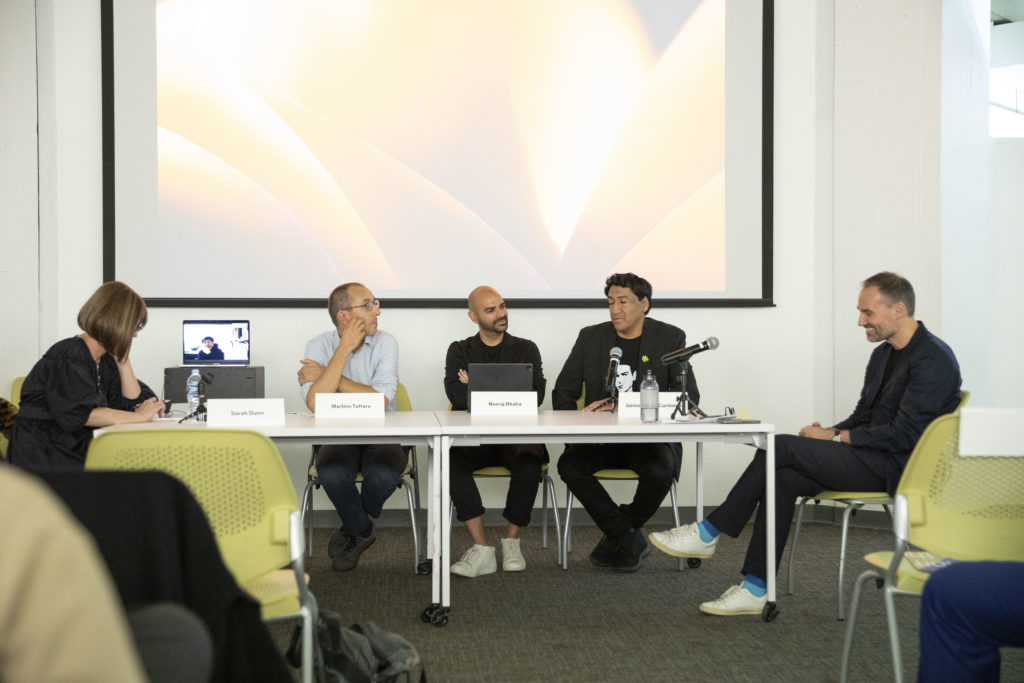
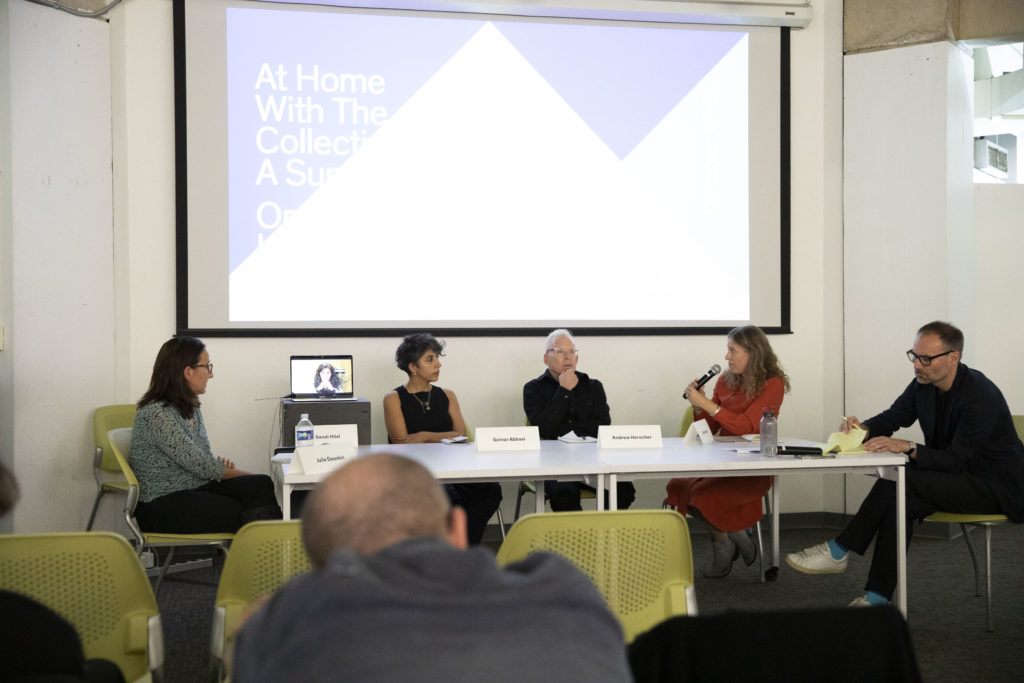
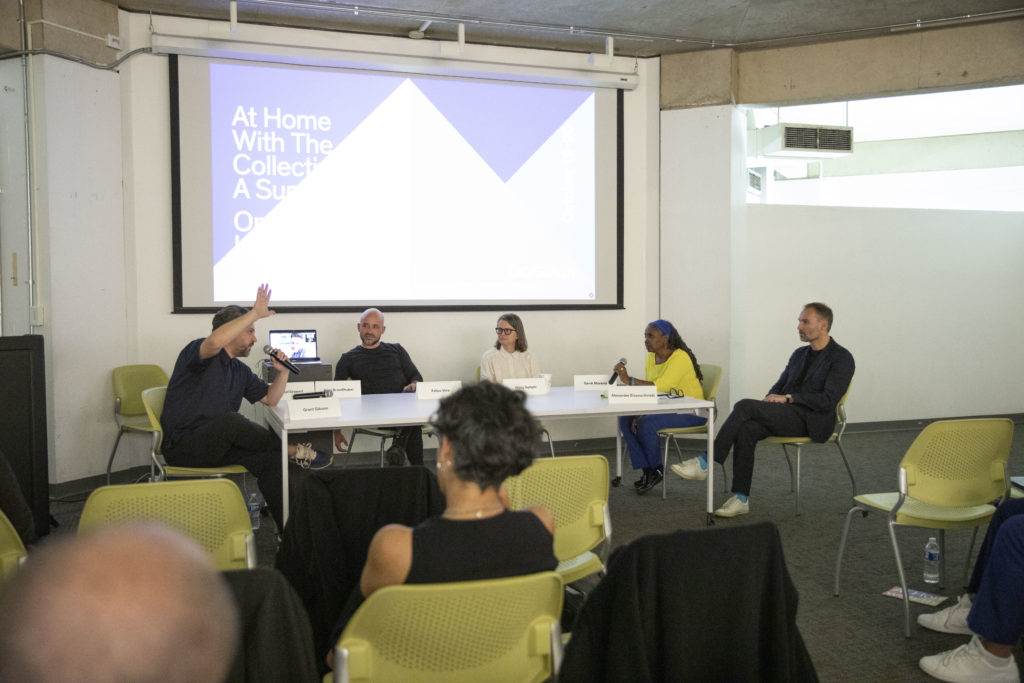
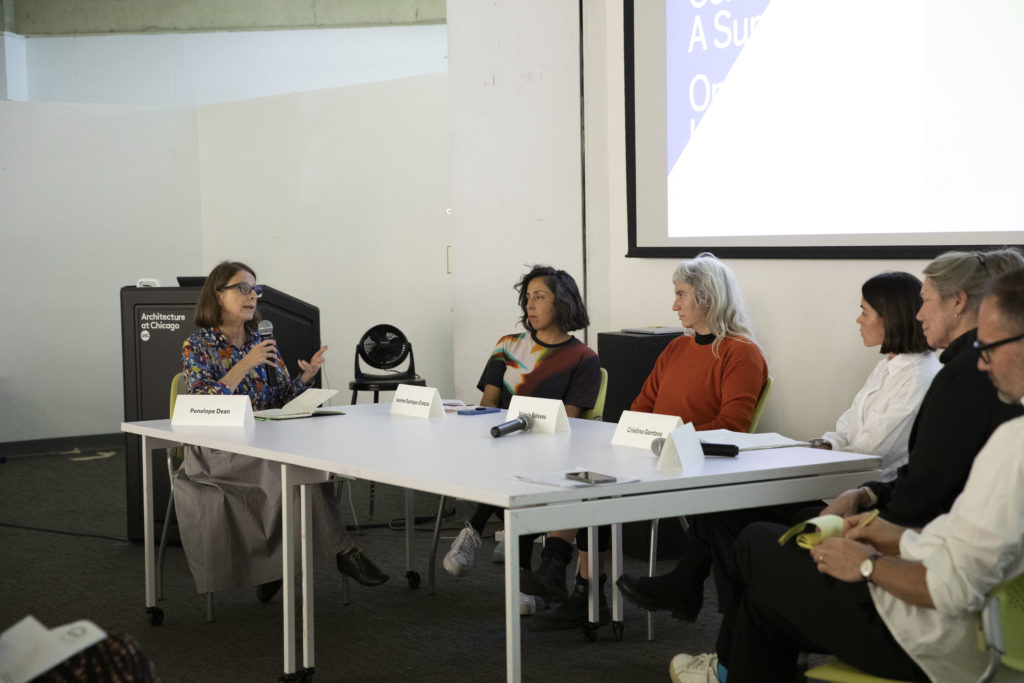
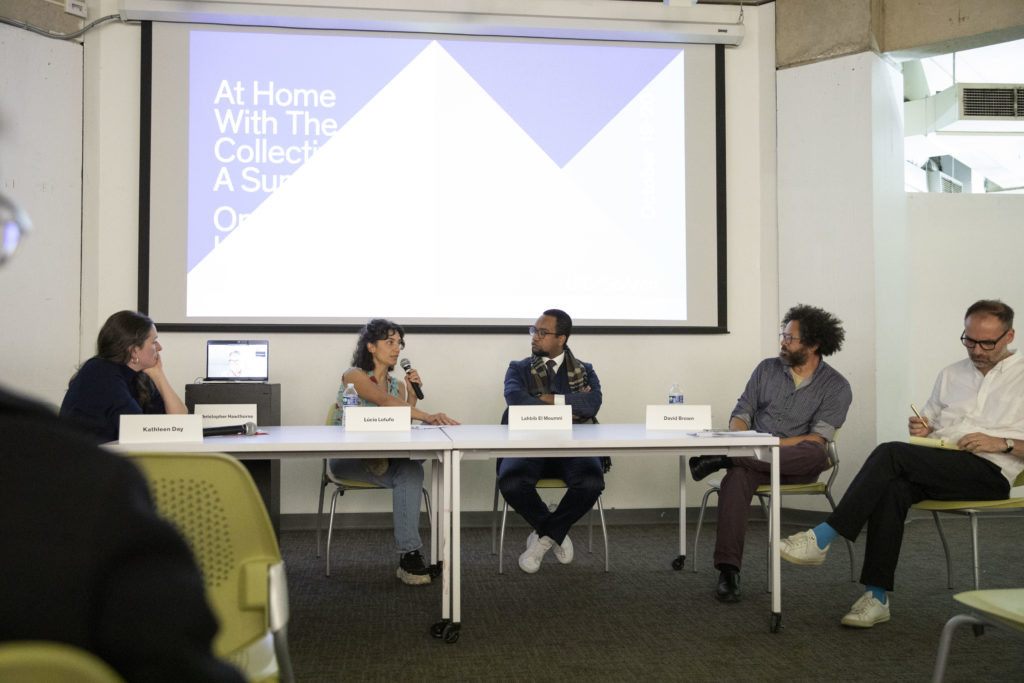
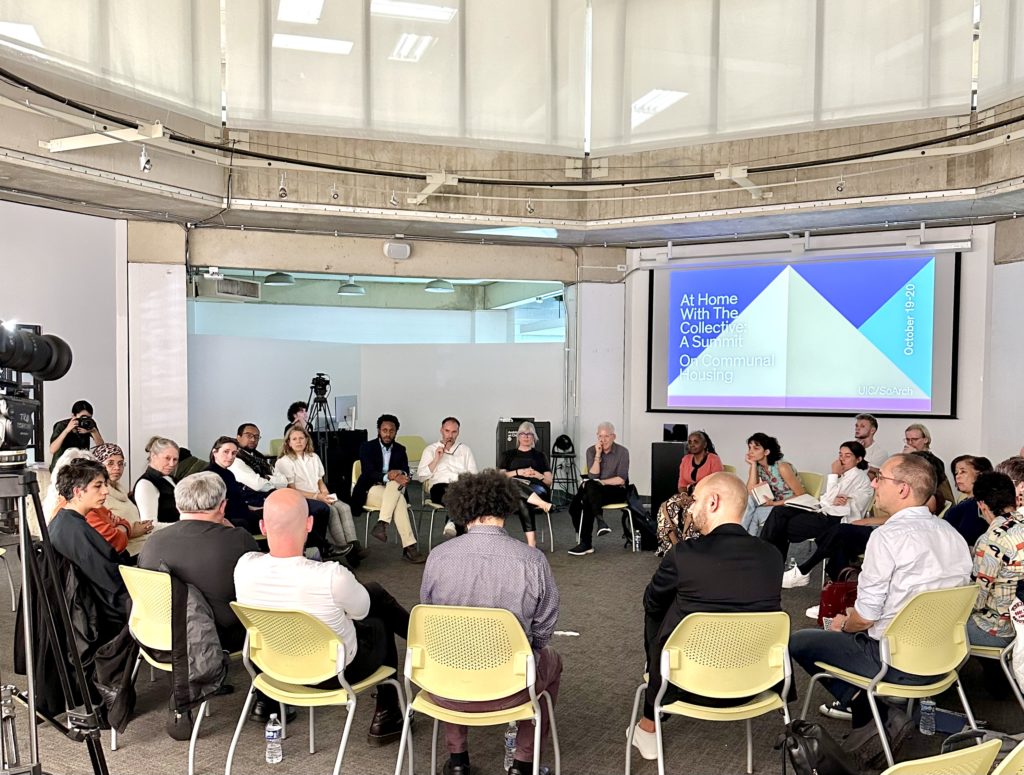
Schedule
Thursday, October 19
10:00 Florencia Rodriguez, Welcome
10:05 Alexander Eisenschmidt, Introduction
10:15 Form & Urbanism
Neeraj Bhatia (The Open Workshop), San Francisco and Toronto, Canada
“Forming Life in Common”
Meng Yan (Urbanus), Beijing, China
“Mini, Hybrid and Collective: Alternative Urban Dwelling in Chinese Megacities”
Martino Tattara (Dogma), Brussels, Belgium
“An Architectural Quest for Communal Housing: Ideas on Typology, Property, Construction, and the City”
11:30 Respondents: Sarah Dunn, UIC Architecture (UrbanLab) + Jaime Torres Carmona (Canopy Architects)
12:30 Break
1:30 Home & Refuge
Golnar Abbasi, Rotterdam, Netherlands and Tehran, Iran
“Domesticities of Displacement, Extraction, and Revolution”
Sandi Hilal (DAAR), Bethlehem, Palestine
“Learning from Living Room”
Andrew Herscher, Ann Arbor, Michigan
“Humanitarianism’s Housing Question”
2:45 Respondents: Clare Lyster, UIC Architecture (CLUAA) + Julie Dworkin (Chicago Coalition for the Homeless)
3:45 Value & Property
Hilary Sample (MOS), New York City
“Housing and Communal Gardens”
b+ (Arno Brandlhuber & Olaf Grawert), Berlin, Germany
“Legislating Architecture: The Demolition Drama”
Felipe Vera, Chile, “Reimagining Housing in Times of Uncertainty”
5:00 Respondents: Grant Gibson, UIC Architecture (CAMESgibson)
Friday, October 20
10:00 Exchange & Community
Ivonne Santoyo-Orozco, New York City
“Housing and Social Reproduction”
Zvi Efrat, Tel-Aviv, Israel
“Amateurism and Total Design: The Architecture of the Kibbutz”
Cristina Gamboa, (Lacol), Barcelona, Spain
“Cooperative Housing as Infrastructures for Sustainable Living”
11:15 Respondents: Penelope Dean, UIC Architecture (Flat Out) + Laura Weathered (Near Northwest Arts Council)
12:15 Break
1:15 Organization & Advocacy
Lahbib El Moumni (MAMMA), Casablanca, Morocco
“From Paper to People: The Living Transformation of Casablanca’s Historic Homes”
Valeria Esteves (CCU), Montevideo, Uruguay
“Cooperative Housing: Collective Homeownership and Assisted Self-Management Experience”
Lúcia Lotufo (Usina CTAH), São Paulo, Brazil
“Building Self-Management Housing Practices in Architecture”
Christopher Hawthorne, New Haven
“Housing the Third Los Angeles”
2:30 Respondents: David Brown, UIC Architecture + Kathleen Day (Preservation of Affordable Housing)
4:00 Roundtable with Chicago Public and Cultural Leaders
Tiff Beatty, Program Director of the National Public Housing Museum
Allison K. Bethel, Clinical Professor of Law, Director, Fair Housing Legal Clinic, UIC Law (housing advocacy)
Steph O’Connor, Project Manager at Department of Housing, City of Chicago
Kiela Smith, Artists Design the Future, Chicago
Raul Raymondo, The Resurrection Project, Chicago
Florencia Rodriguez, UIC, Director School of Architecture
Mike Simmons, State Senator 7th District
5:30 Party
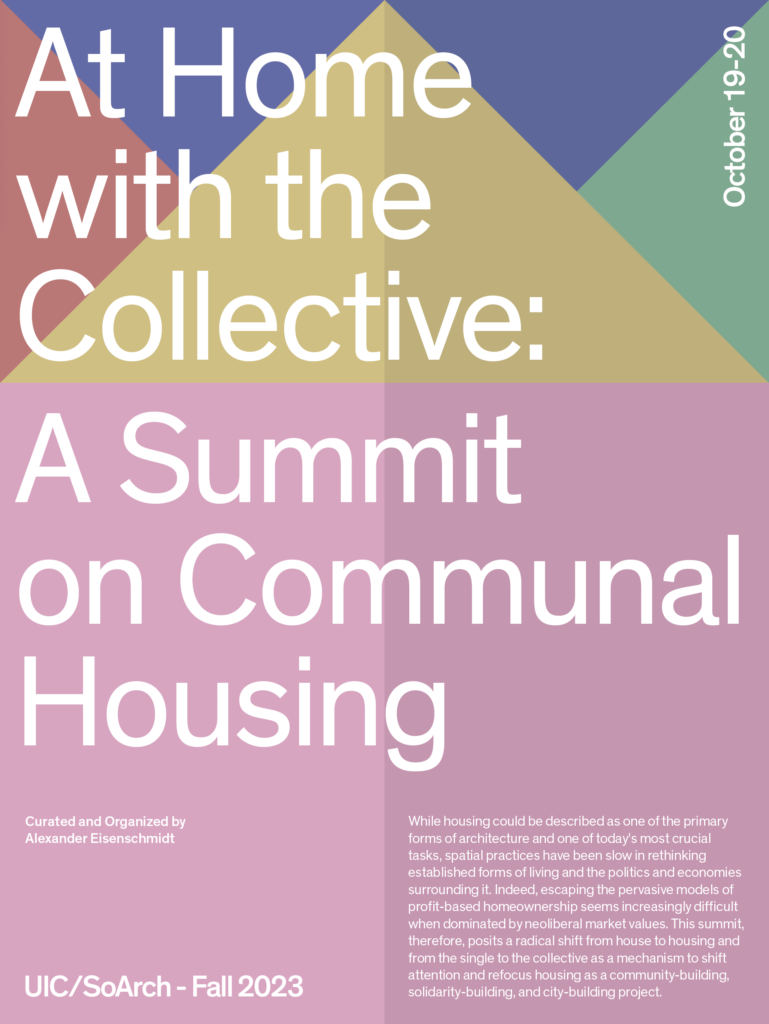
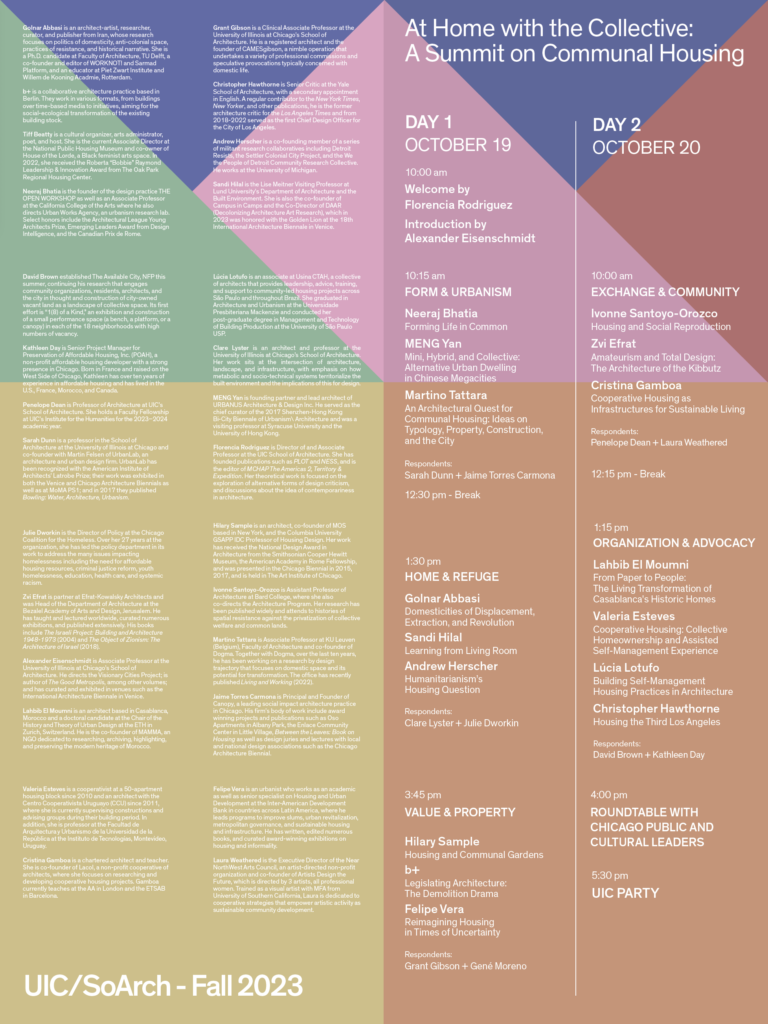
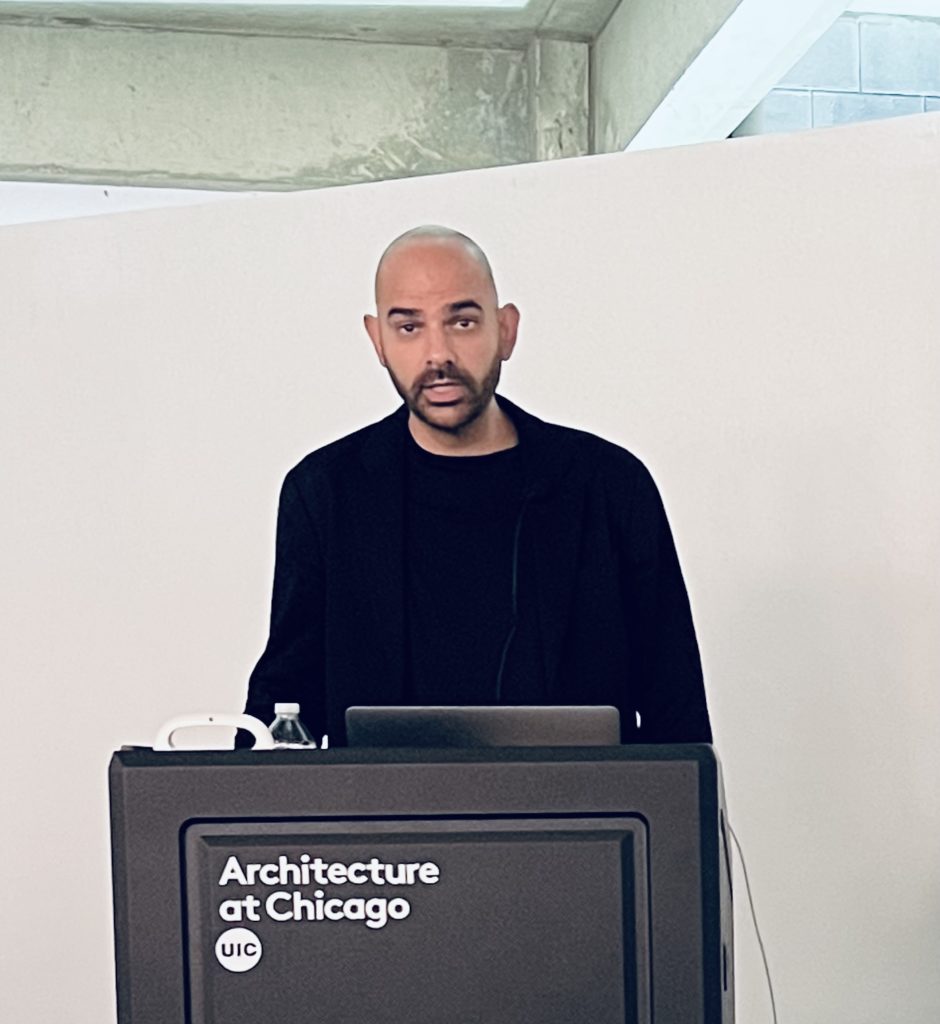
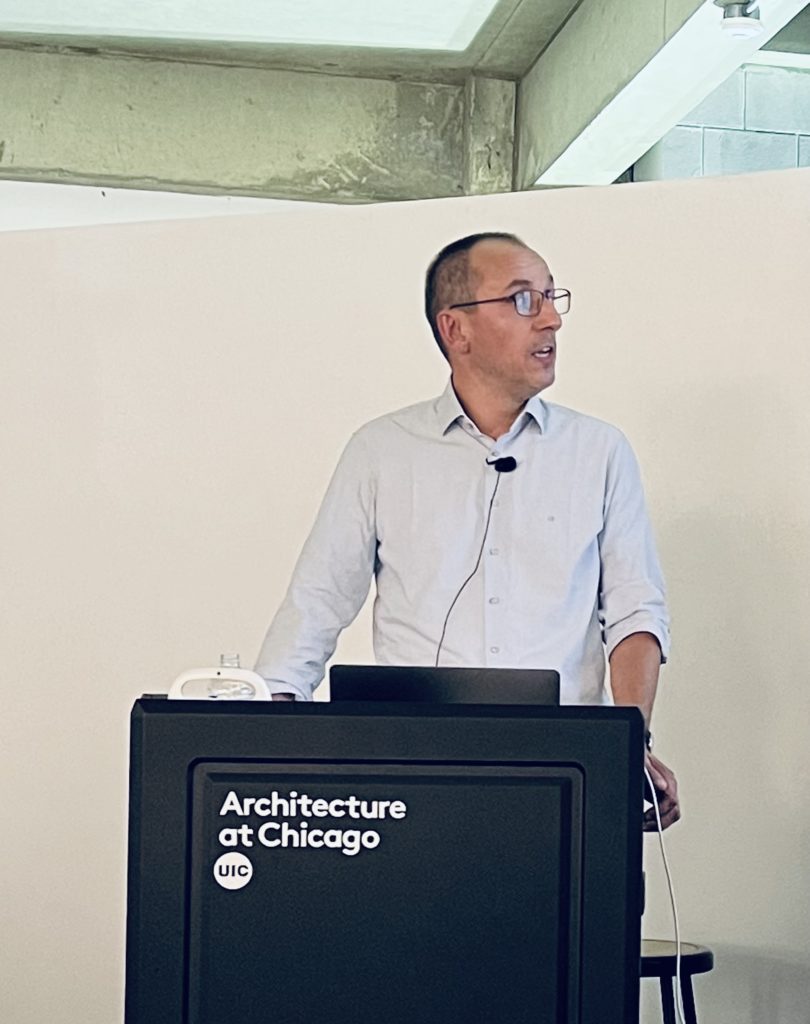
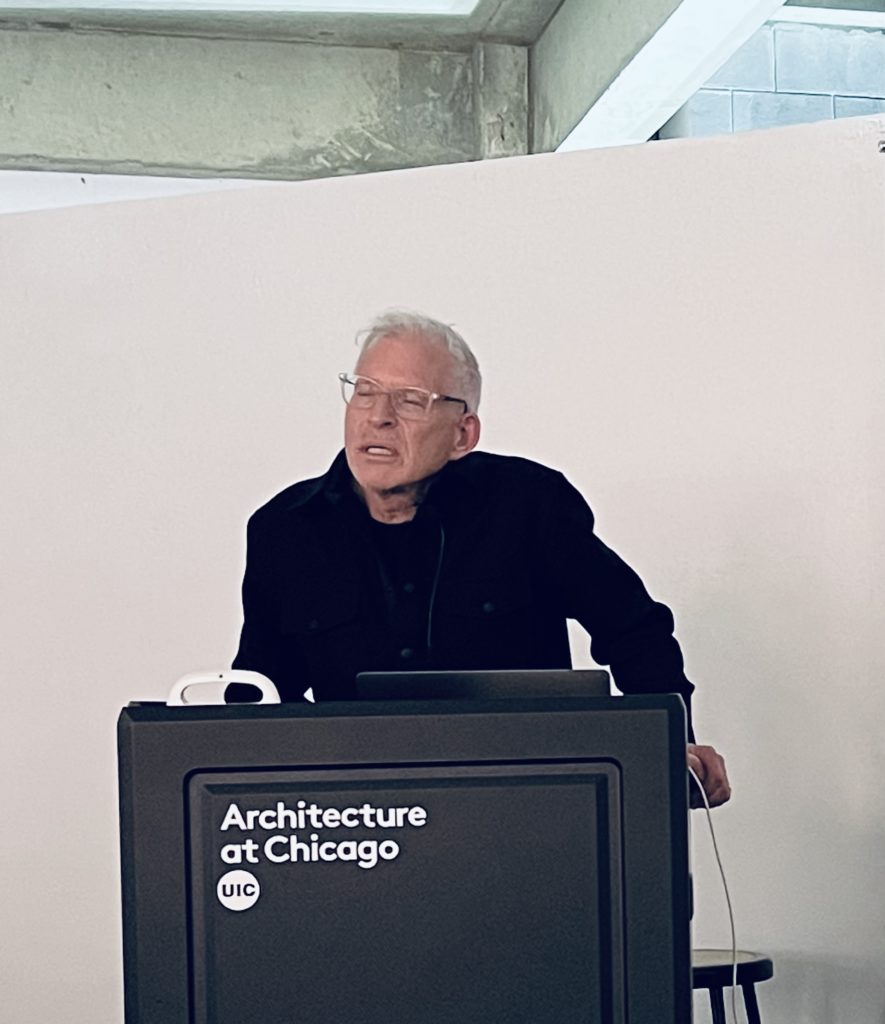
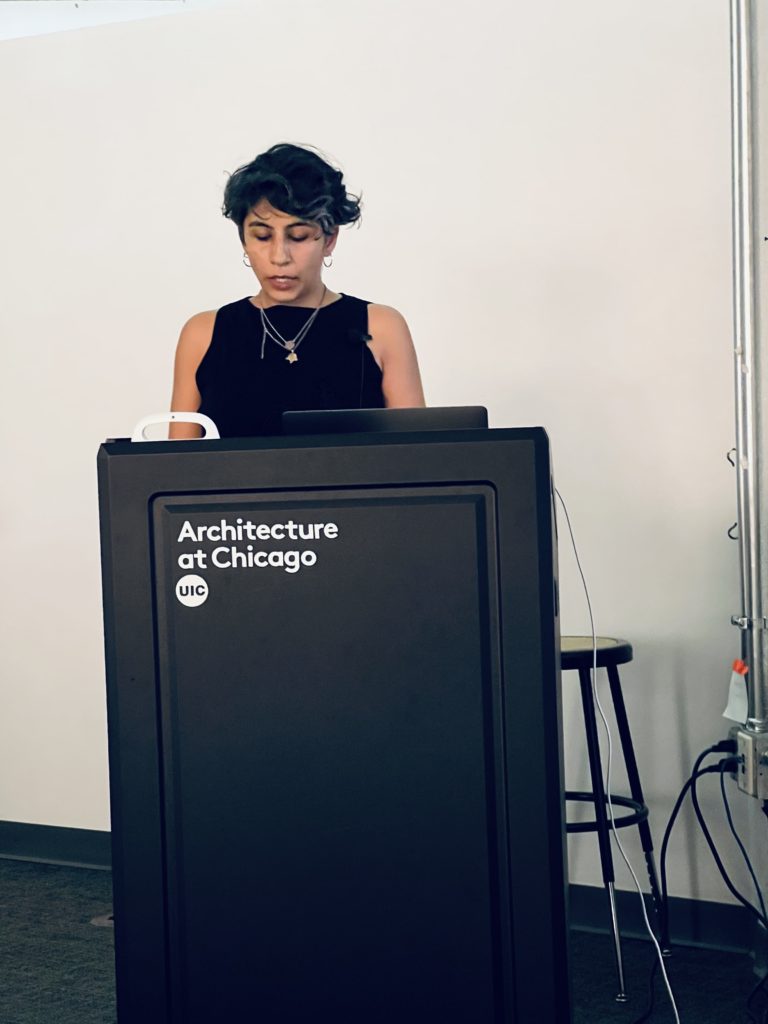
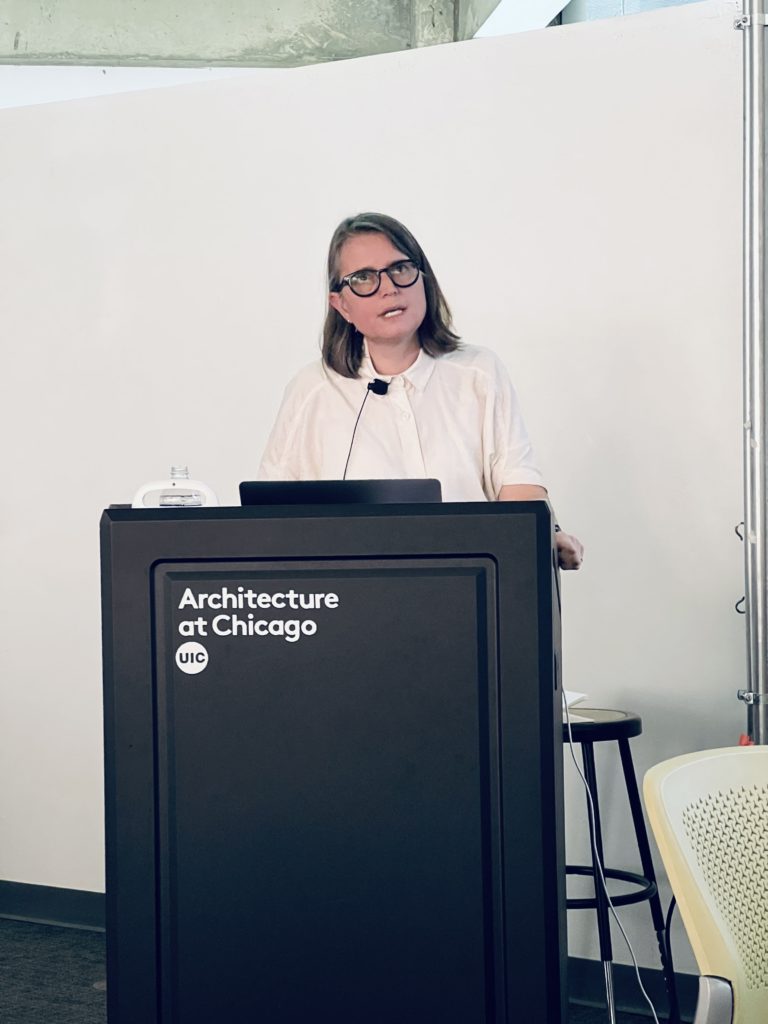
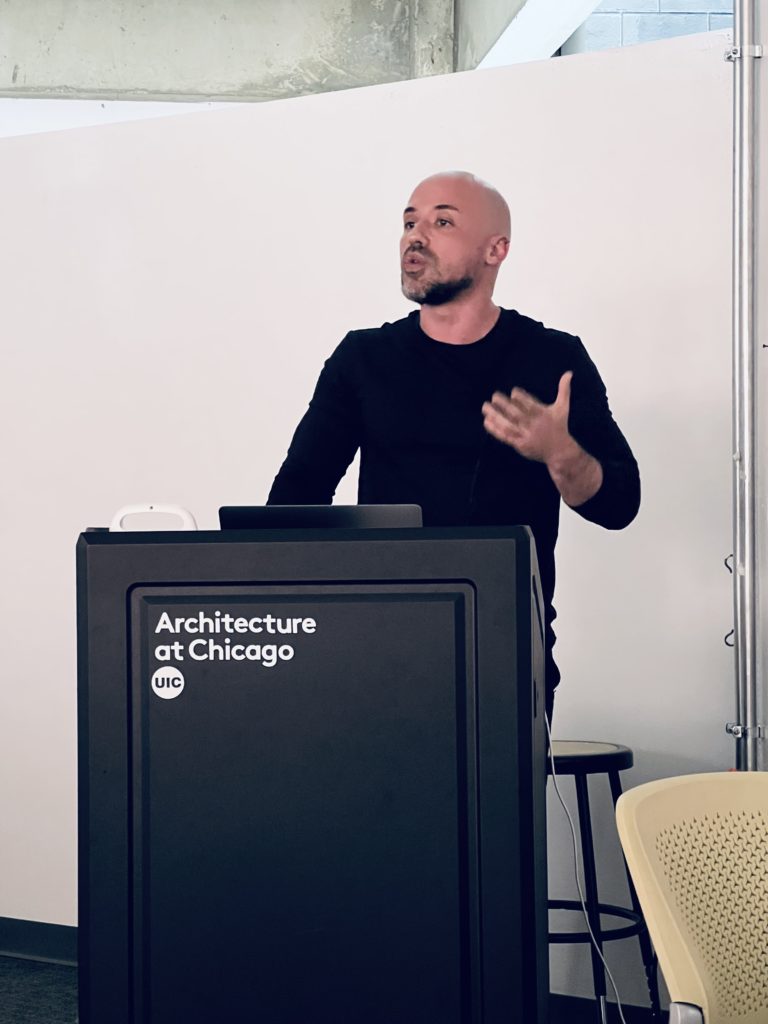
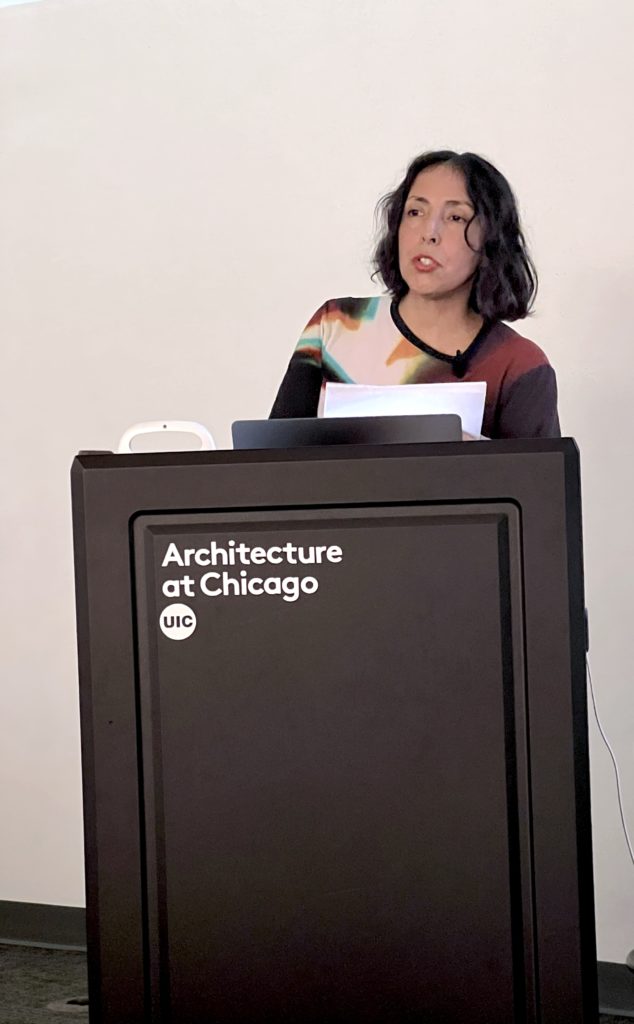
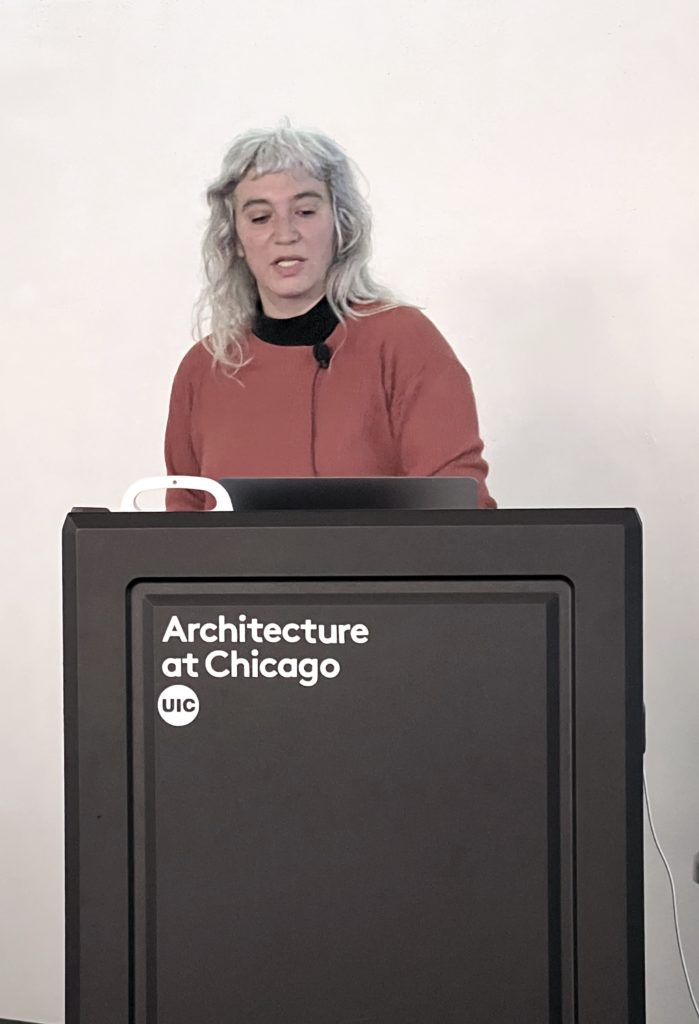
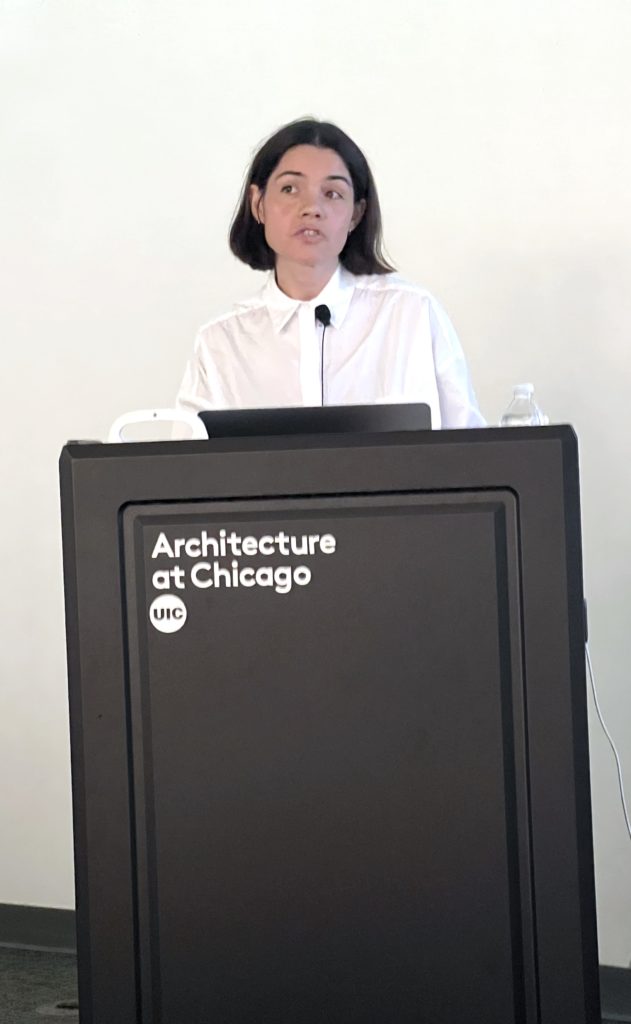
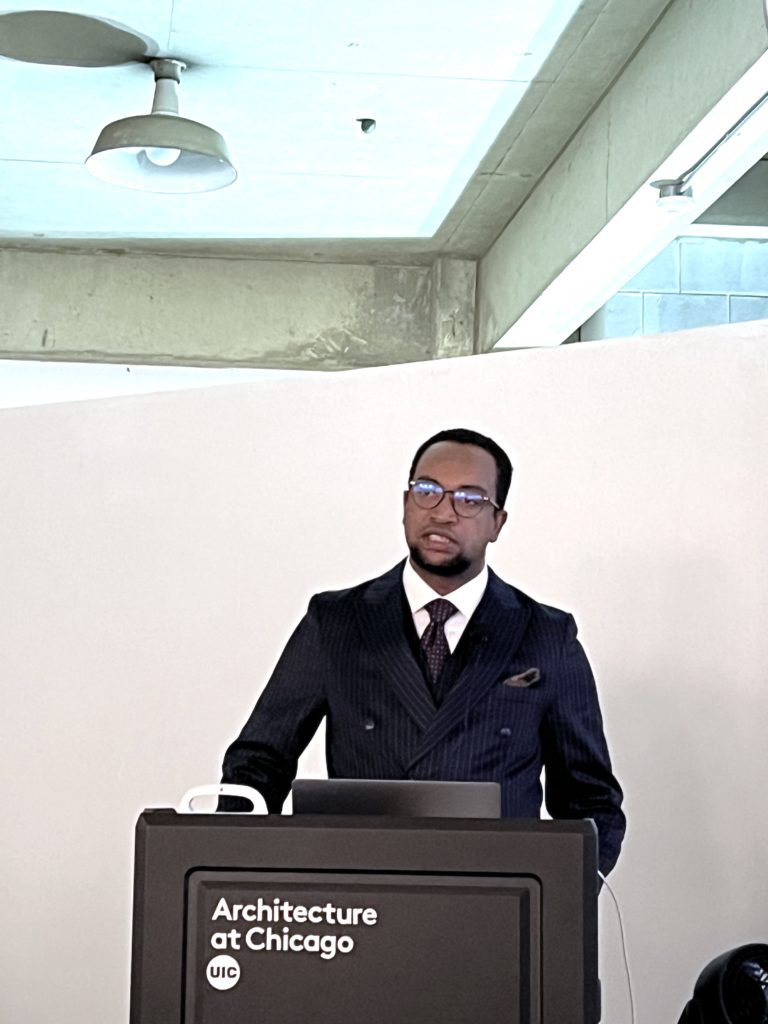
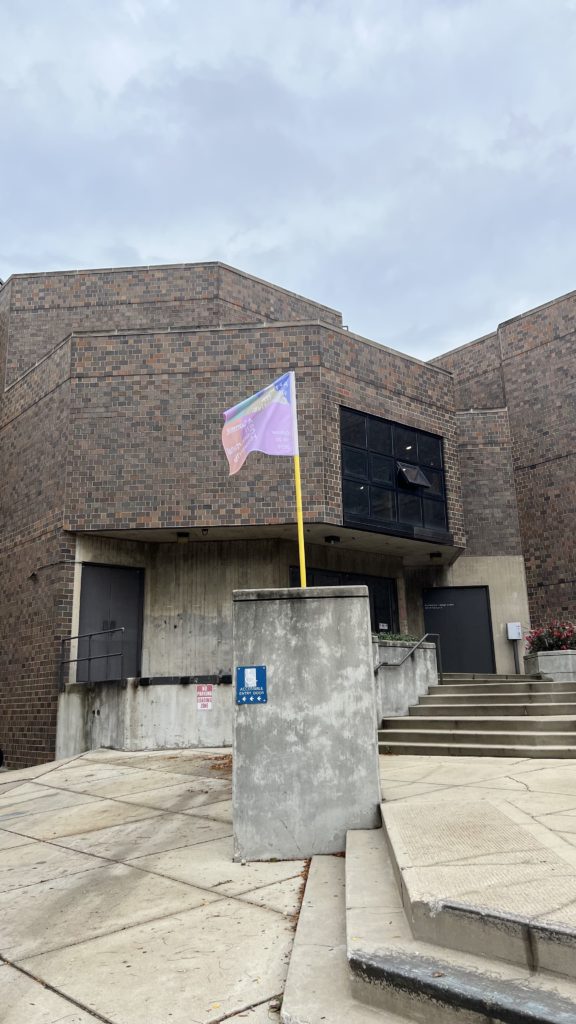
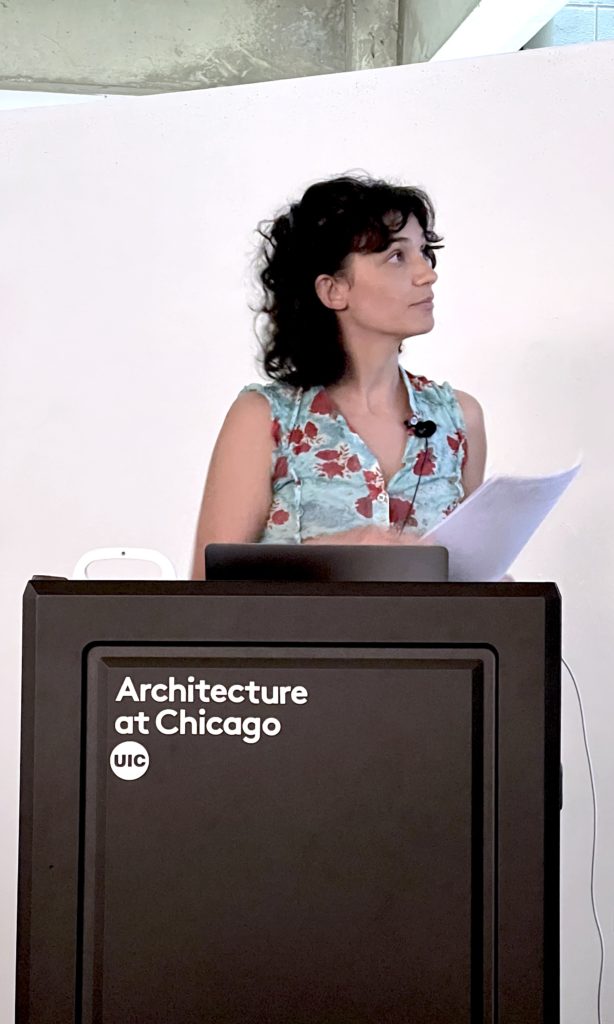
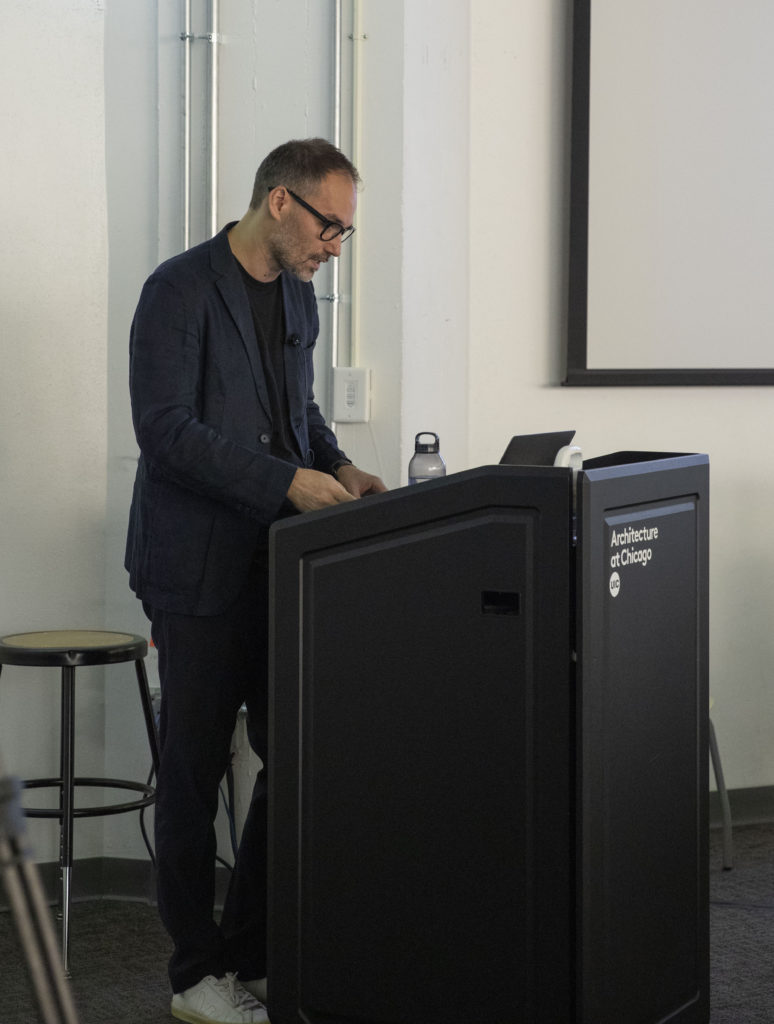
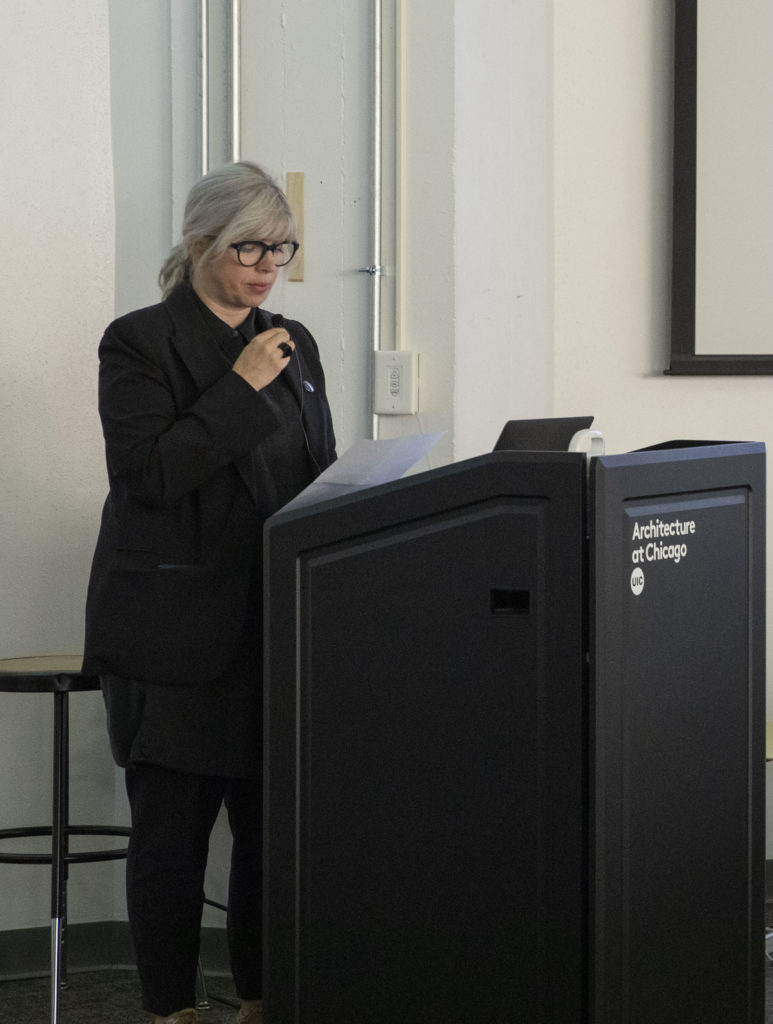
“At Home with the Collective” is sponsored by the Office of the Vice Chancellor of Research; the Institute for the Humanities; the Great Cities Institute; the Voorhees Center for Neighborhood and Community Improvement; the Social Justice Initiative; the Institute for Policy and Civic Engagement; the College of Architecture, Design, and the Arts; and the School of Architecture at UIC. The summit is supported by AIA Chicago and CES approval is pending. External funding is provided through grants by the Driehaus Foundation and the Chicago Community Loan Fund.
